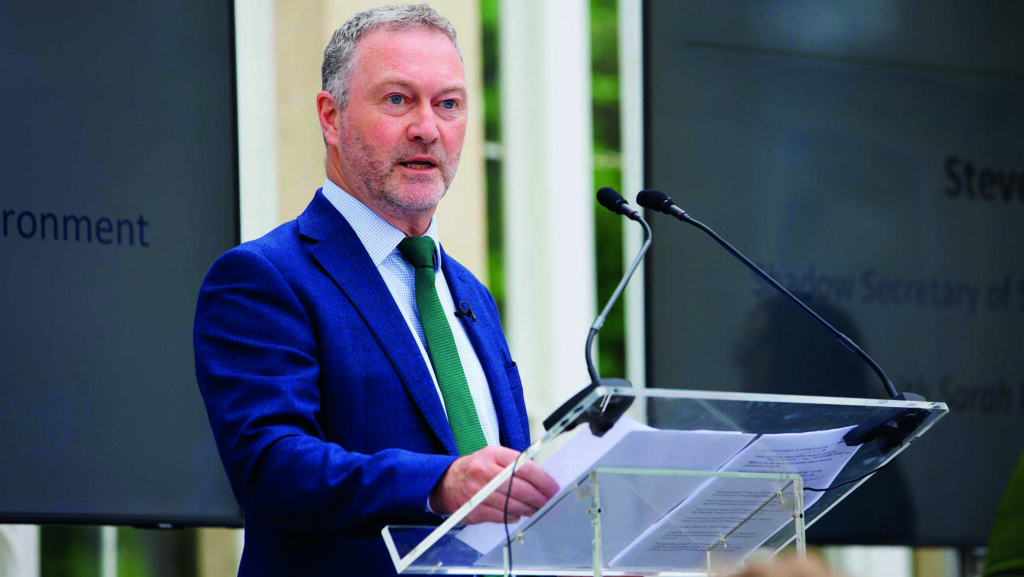Defra secretary Steve Reed has committed to a series of policy measures, including negotiating a new veterinary agreement with the EU, as part of a ‘new deal for farmers’ to address low confidence and provide stability for the farming sector.
The UK’s departure from the EU subjected UK food exports, as a third country trader, to a new set of rules and inspections that have hampered exporters. A new veterinary agreement could address some of these issues, while also, some within the industry hope, bringing more clarity on the impact on pork trade with the EU, if the UK was hit by an African swine fever outbreak.
The ‘new deal’ also includes a commitment to protecting farmers from being undercut by low welfare and low standards in trade deals.
The latest Farming Opinion Tracker for England, which gives a snapshot of the views and opinions of the sector between end of April and beginning of June, show that trade agreements with other countries were a factor for 29% of farmers who made changes to their business.
New deal
The initiatives promised to boost Britain’s food security and drive rural economic growth, all of which have been flagged before and since the election, are:
- Optimising Environmental Land Management schemes so they produce the right outcomes for all farmers – including those who have been too often ignored such as small, grassland, upland and tenanted farms – while delivering food security and nature recovery in a just and equitable way.
- Seeking a new veterinary agreement with the European Union to cut red tape at our borders and get British food exports moving again.
- Protecting farmers from being undercut by low welfare and low standards in trade deals.
- Using the government’s purchasing power to back British produce.
- Setting up a new British Infrastructure Council to steer private investment in rural areas including broadband rollout in our rural communities.
- Speeding up the building of flood defences and natural flood management schemes, including through a new flood resilience taskforce to protect our rural homes and farms.
- Introducing a land-use framework which balances long-term food security and nature recovery.
New figures released by Defra show confidence among farmers remains poor, indicating that half don’t feel positive about their future in farming. Of those farmers saying they are making changes, a quarter of plan to reduce the size of their businesses and 14% plan to leave farming in the next 3-5 years.
Mr Reed said the results make it clear the ‘chop and change of farming schemes’ needs to end, optimising Environmental Land Management schemes so they work for all farmers, including those who have been too often ignored such as small, grassland, upland and tenanted farms, alongside action by the new government to restore stability and confidence in the sector.
Farmers have been struggling with extreme weather events like flooding and sudden huge rises in energy costs and been undermined by damaging trade deals.
Mr Reed said: “Confidence amongst farmers is extremely low. The new Government will restore stability and confidence in the sector introducing a new deal for farmers to boost rural economic growth and strengthen food security alongside nature’s recovery.
“We will protect farmers from being undercut in trade deals, make the supply chain work more fairly, prevent shock rises in bills by switching on GB Energy, better protect them from flooding through a new Flood Resilience Taskforce and use the Government’s own purchasing power to back British produce.
“The work of change has now begun.”




